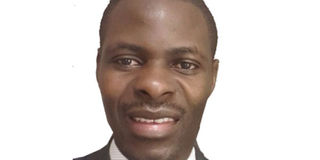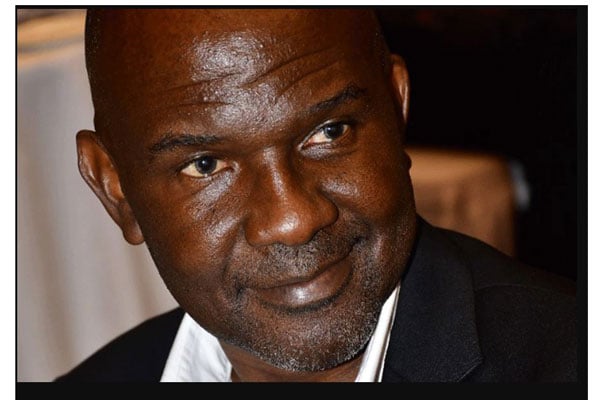Understanding sources of repressive rule

Author: Moses Khisa. PHOTO/FILE.
What you need to know:
- Mr Moses Khisa says: Authoritarian regimes tend to use force when they feel challenged.
In a 2013 explosive and hard-hitting dossier that ultimately forced him into exile, Gen David Sejusa, at the time the coordinator of Uganda’s intelligence services, raised alarm bells about what he characterised as ‘creeping lawlessness.’
Whatever his failures and flaws, and there are many on his record in public service, Gen Sejusa is one of the most brilliant Ugandans of his generation, patriotic to a fault and deeply public spirited. When not compromised by the allures of power, he is very much worth listening to. The lawlessness he bemoaned at the time was at the behest of the head of police, Gen Kale Kayihura, a very partisan officer, who did enormous damage to the institution of the Uganda Police Force.
The situation has worsened since Gen Sejusa’s candid concerns. Lawlessness, repression and blatant abuse of State power have become routine. Not that the current state of repressive and brutal exercises of power is new to the rulership of Mr Museveni. At any rate, since 1986, we have had a regime founded on violence as a technology of rule and control.
The modes and methods of repressive and crude violations of citizens’ rights have swung up and down at different times, conditioned by the stakes of the moment and how the ruler weighs his standing.
Violence and brutality have also varied according to regional and sub-national dynamics. As I noted here last week, at one time abuses and violations by both State and non-State actors were largely directed at the greater northern Uganda during the long years of armed insurgency.
Our compatriots in that part of the country bore the brunt of rebel attacks as well as abuse and neglect by the government and its security arsenal. Many of us, the southern Bantu, did not care much about the despicable plight of our fellow citizens up north.
Today, the excesses of State actors, the indifference of the political leadership and the cavalier attitude of the ruler-in-chief himself, especially in the manner of explaining away or even shockingly justifying the cold-blooded murder of citizens, is a phenomenon concentrated in central Uganda and specifically around Kampala.
This should not surprise us. There is enough historical evidence that fits a consistent and continuous pattern and trend. Kampala has always been politically hostile to Museveni. Yet he deeply loathes being politically shunned and defied. So he responds by denying you basic public goods and services, but also by unleashing repression. Think about all the past major hubs of Opposition to his rule, whether armed insurgency or perfectly civil political opposition. From Kampala to Kasese, Rukungiri to Mbale, Teso to West Nile and the greater north, these districts and regions have been subjected to State-instigated and sponsored brutality and violence during and after elections.
Therefore, we have to place the current brazen brutality, kidnaps and violent conduct of the security forces in Kampala and surrounding areas in the wider recent historical trend and trajectory and not as an isolated phenomena. It is neither new nor spontaneous.
There are at least two key points worth highlighting here. First, authoritarian regimes, especially those with a background in the use of guns and organised violence, tend to resort to coercion and use of force when they feel challenged and stretched. This is clearly the case in Uganda today.
Second, at a very personal level, Museveni is at a point of his life and political career where he feels a deep sense of desperation and delusion. You can hear it in his tone every time he speaks on controversial subjects like the rigged elections and killings by the armed forces.
Because he is desperate to quell dissent and put down the fires of political challenge encircling him, he is inclined to either approve of the use of extra-judicial means or look the other way when his lieutenants author and execute such acts on his behalf.
Earlier this week, raw violence and unwarranted brutality were visited on journalists. Not for the first time, arguably not the last. There are several cases from the past of journalists being beaten to the point of physical disability.
If Mr Museveni and the leadership of the police and military were committed to stopping such grotesque abuses, they would have ensured maximum punishment of the culprits. They have not and will not because this modus operandi services Museveni’s power interests. But for how long will it go on? Obviously not forever.
Mr Khisa is assistant professor at North Carolina State University (USA).
[email protected]




